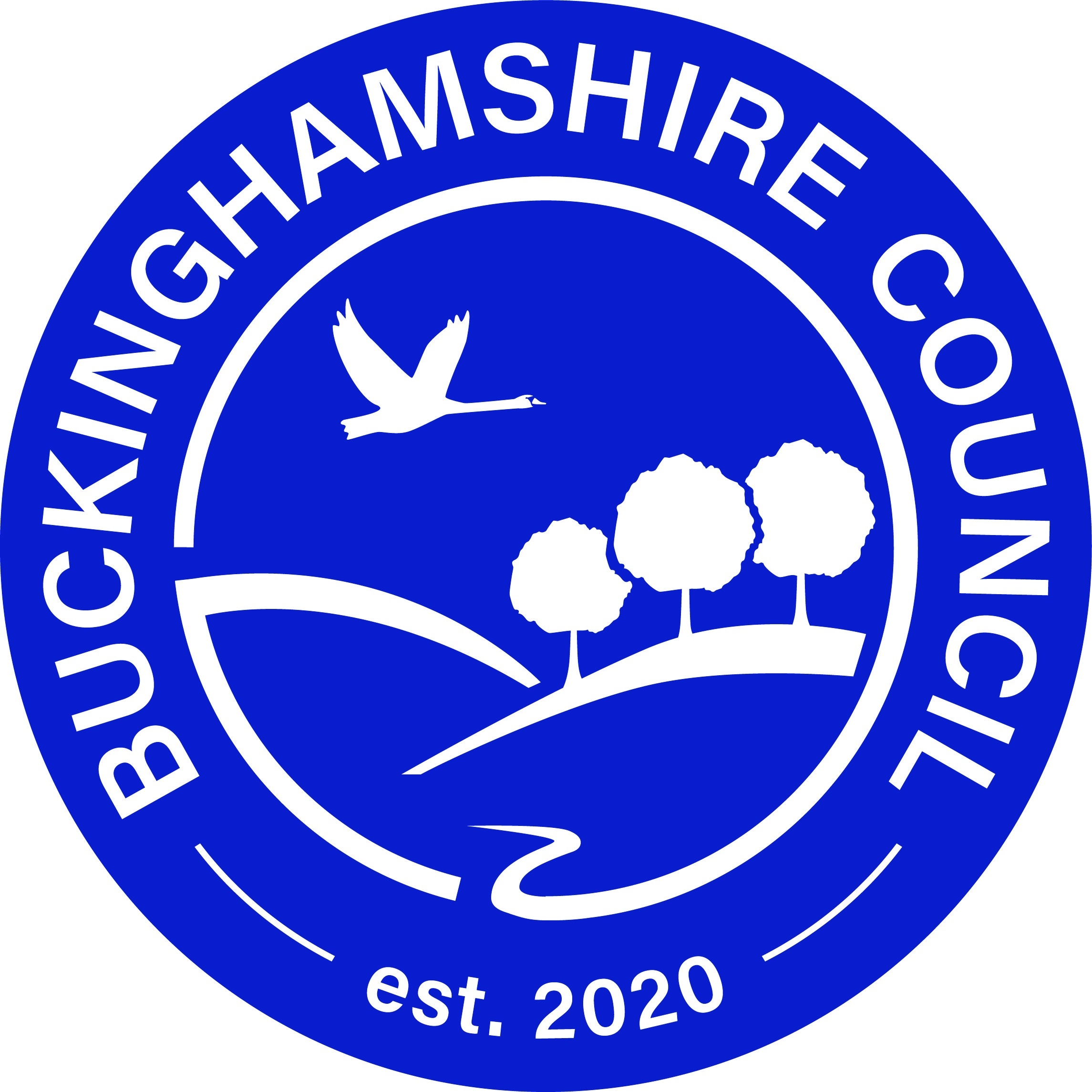Council unveils new weapons in the battle to beat fly-tipping in Bucks
09/08/2022
Buckinghamshire Council is deploying innovative, new measures in the battle to stop fly-tipping in the county. Intelligent cameras have been installed in hot spot areas in the south of the county. In addition, unofficial layby areas are being blocked and turned into grassy banks in another tactic to combat the criminals who dump waste illegally.
The council has taken a zero-tolerance approach to fly-tipping for over a decade and has successfully prosecuted hundreds of offenders. It costs the council over £600k each year to clear up rubbish that has been illegally dumped on public land – money that could be spent on providing other much needed services to the county’s residents.
Using £50k of funding from DEFRA (Dept for Environment, Farming & Rural Affairs), the new cameras can identify when a vehicle has left rubbish behind and in real time, will provide a video report of the incident to enforcement officers, including the registration of the vehicle, making it easier to identify and prosecute fly-tippers.
In a move to reduce the places where fly-tippers can dump, the council has carried out work to build up grass banks at several locations. The work has been carried out by re-using 400 tonnes of inert (tested) soil that was illegally dumped previously elsewhere in Bucks.
Gareth Williams, Cabinet Member for Climate Change and Environment said:
“We want to make it clear to all would-be criminals, we won’t tolerate fly-tipping in Bucks and we will continue to use all available means to make sure anyone who does carry out this atrocious crime will be caught and prosecuted. These new intelligent cameras will make it much easier to prosecute fly-tippers and allow for quicker clean-up.
“My message to residents is; if you’re having rubbish removed, please don’t pay cash. Use a company that has a Waste Carrier Licence, and ask for a record of who you’ve paid. By having an electronic method of payment, you can help us track down and prosecute the fly-tipper.”
When the enforcement team investigates a fly-tipping incident and finds evidence that leads to a householder, they will visit them and ask for evidence that they’ve taken reasonable steps to identify the person they hired to remove their rubbish and to ensure that it would be disposed of properly.
If the householder can provide evidence of the identity of the person who took their rubbish away such as details of a bank card payment, the investigation can move to focus on the fly-tipper. However, if the householder has paid an unidentified individual cash in hand to remove rubbish, they may be issued with a £400 fixed penalty notice for failing in their ‘duty of care’. If the incident is serious, this might be escalated to a court summons that could result in a criminal conviction and a hefty fine.
If you’re unsure of how to make sure you’re doing the right thing when someone is taking away your rubbish, our S.C.R.A.P. fly-tipping campaign code is a useful tool.

